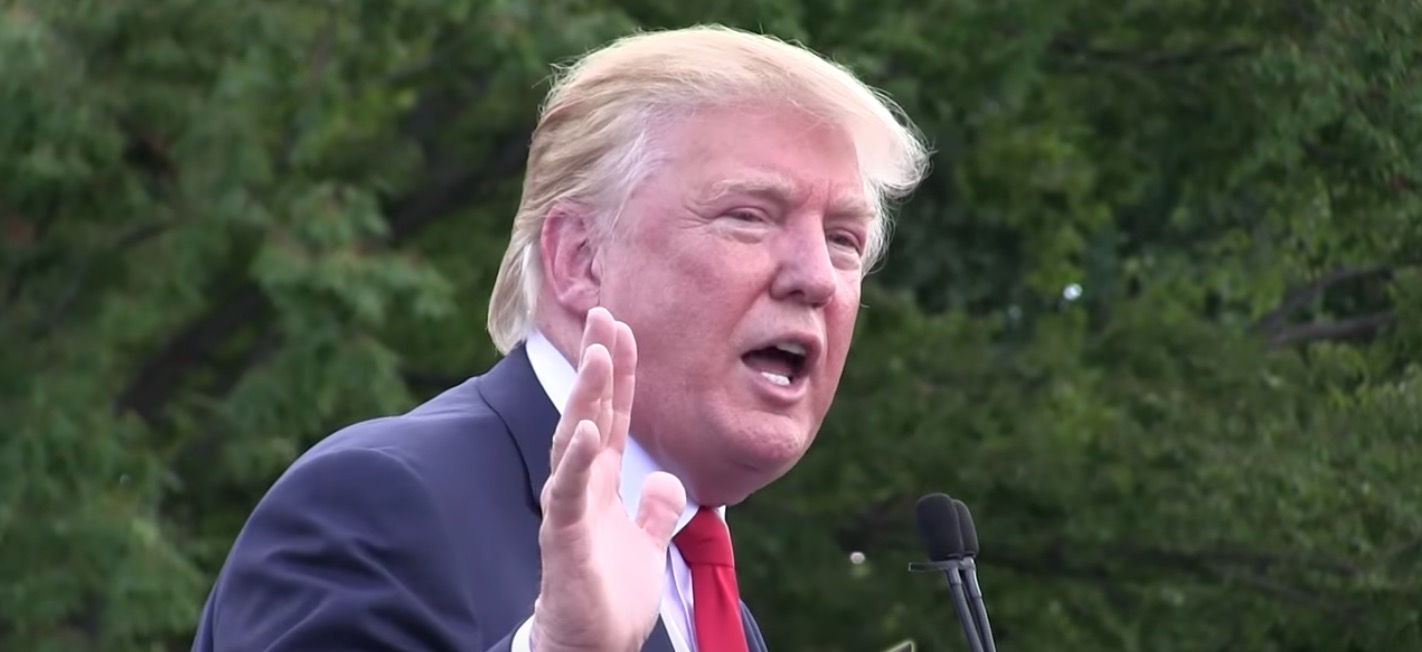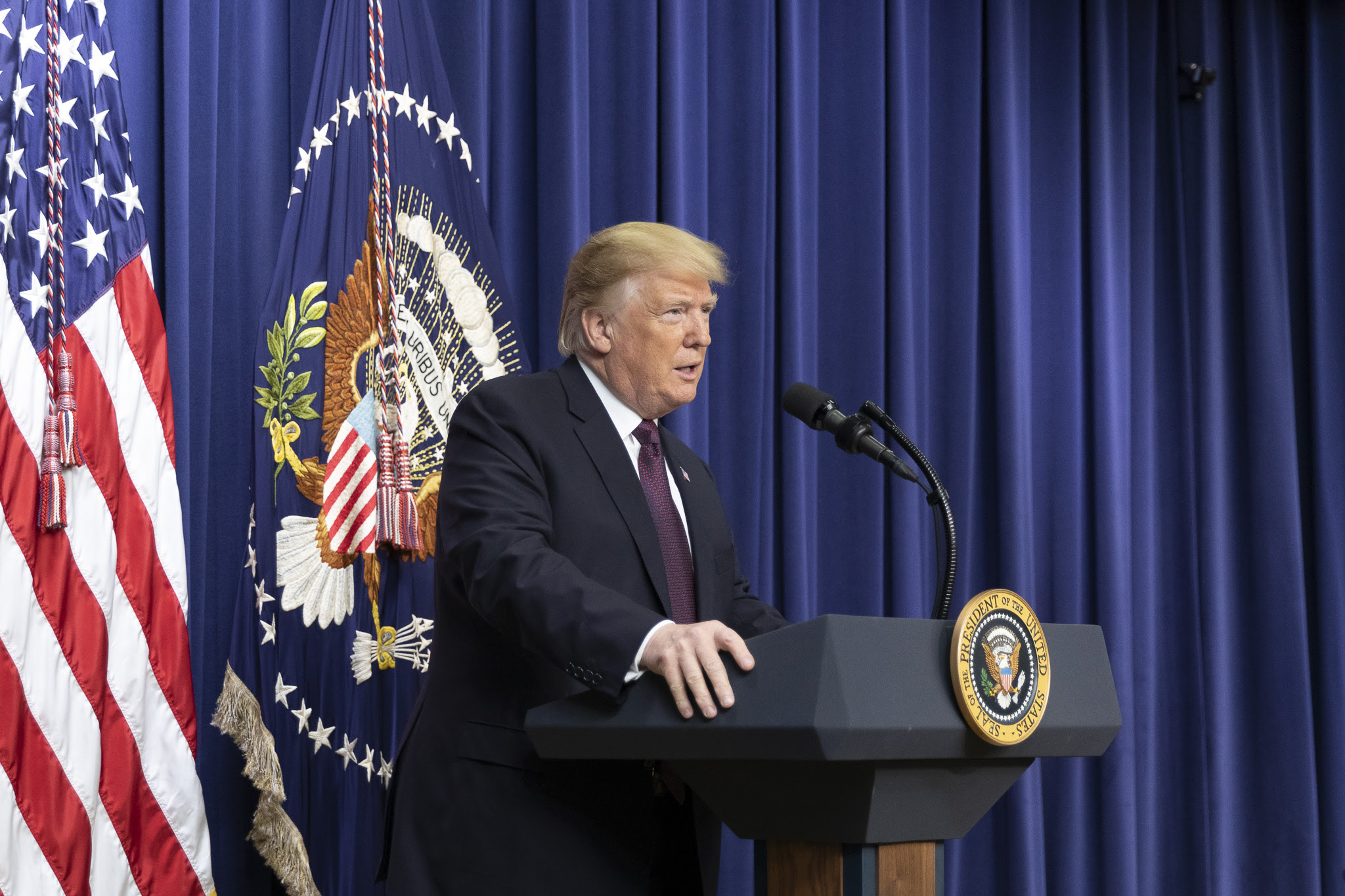The ever-feisty Chairman of the Subcommittee on the Middle East and North Africa, Congresswoman Ileana Ros-Lehtinen (R), made a statement regarding the ongoing nuclear situation with state sponsor of terrorism Iran.
Ros-Lehtinen skewers the Iranian “regime,” reminding Americans that Iran is still waging a proxy war against the U.S. and Israel in the Middle East.Here is the smackdown Ros-Lehtinen penned and delivered to the subcommittee:
“In the nearly two years since the United Nations Security Council adopted Resolution 2231 approving the Joint Comprehensive Plan of Action and lifting sanctions on Iran, one thing has been abundantly clear: The notion that Iran would now modify its behavior and become a responsible member of the international community has proven to be completely and utterly false. Many of us knew that the Iranian regime would not moderate its behavior, but that it would amplify its illicit activity, using the nuclear deal as leverage.
Do you think the 2nd Amendment will be destroyed by the Biden Administration?(2)
And sure enough, since the JCPOA was signed, we have seen an Iran that has taken U.S. citizens hostages and demanded – and unfortunately received – ransom for their return. As a result, Iran has since held additional U.S. citizens like the Namazis, and permanent U.S. residents, like Nizar Zakka, with the expectation of receiving more ransom payments.
The regime continues to support the Assad regime with money, supplies, weapons and fighters, and it is doing the same in Yemen with the Houthis. Iran’s ships have made dozens of provocative actions toward U.S. ships in the Strait of Hormuz and the Persian Gulf, with the regime playing a dangerous game and harassing our vessels.
And of course, Iran continues to support terror around the world, most notably through its support for the terror group, Hezbollah. This has allowed Hezbollah to increase its stockpile of rockets and missiles to 150,000 or more, and add more sophisticated missiles to its arsenal, putting our friend and ally, the democratic Jewish State of Israel under greater threat.All of these activities have seen an uptick since the JCPOA, and all are indeed very troubling, but perhaps the most egregious and troubling is Iran’s continued pursuit of a viable ballistic missile program. Why? Because history has shown us that nuclear weapons and ballistic missile programs go hand in glove. Over time, the correlation between a country’s nuclear program and a corresponding ballistic missile program has proved to be absolute: that countries that sustain indigenous medium and long range ballistic missiles always aspire to possess nuclear weapons.
Since the signing of the JCPOA, Iran has tested, according to some sources, at least 15 ballistic missiles. And it has done so in open defiance of Resolution 2231. It came as a shock to so many of us that a final concession to Iran was given when the U.S. agreed to lift the arms embargo as part of the nuclear deal – especially when we were told repeatedly that the deal was only on the nuclear program. That is why the Trump administration needs to follow through on some of its promises to reevaluate this JCPOA and the 2231 Resolution.
We are seeing an uptick in these ballistic missile tests and Iran’s aspiration for an ICBM program precisely because the regime wants to be ready to be able to deliver a nuclear payload when the terms of the JCPOA expire – and we will have walked them right into it. We simply cannot allow the regime to continue these provocations.
We need to go back to the Security Council and find a way to make sure there can be no ambiguity – any ballistic missile testing, any attempt to acquire ballistic missile technology or expertise, and any attempt to proliferate from the regime must be stopped and sanctioned. The original intent of the nuclear sanctions was to put so much pressure on the regime that it would be forced to end all enrichment and completely dismantle its nuclear program and infrastructure. That needs to be our approach on the regime’s missile program – while also revisiting the JCPOA and its flaws.
We already have important tools for the President to use now, like the Iran, North Korea, and Syria Nonproliferation Act. Sadly, as this subcommittee learned last Congress, the State Department and the previous administration sat on these important reports and sanctions – often time for years – in order to not upset the regime during the negotiations. The latest round of sanctions on March 21st is a good step, but this report came 9 months after the previous report and only covered activities that took place in 2014 – so we still have a very serious backlog. The new administration needs to step up its INKSNA activities, and it needs to use the other tools available to it.One tool should be Chairman Royce and Ranking Member Engel’s new bill – of which I am proud to be a cosponsor – that specifically targets Iran’s ballistic missiles. We need Iran – and those that would seek to supply it with the technology or knowhow – to know that we will bring down sanctions so crippling, that they will have to think twice about developing its ballistic missile program. We need to fully and vigorously enforce our current sanctions, and then strengthen and expand them to ensure maximum pressure is exerted, because Iran only responds to strength and pressure.”

















